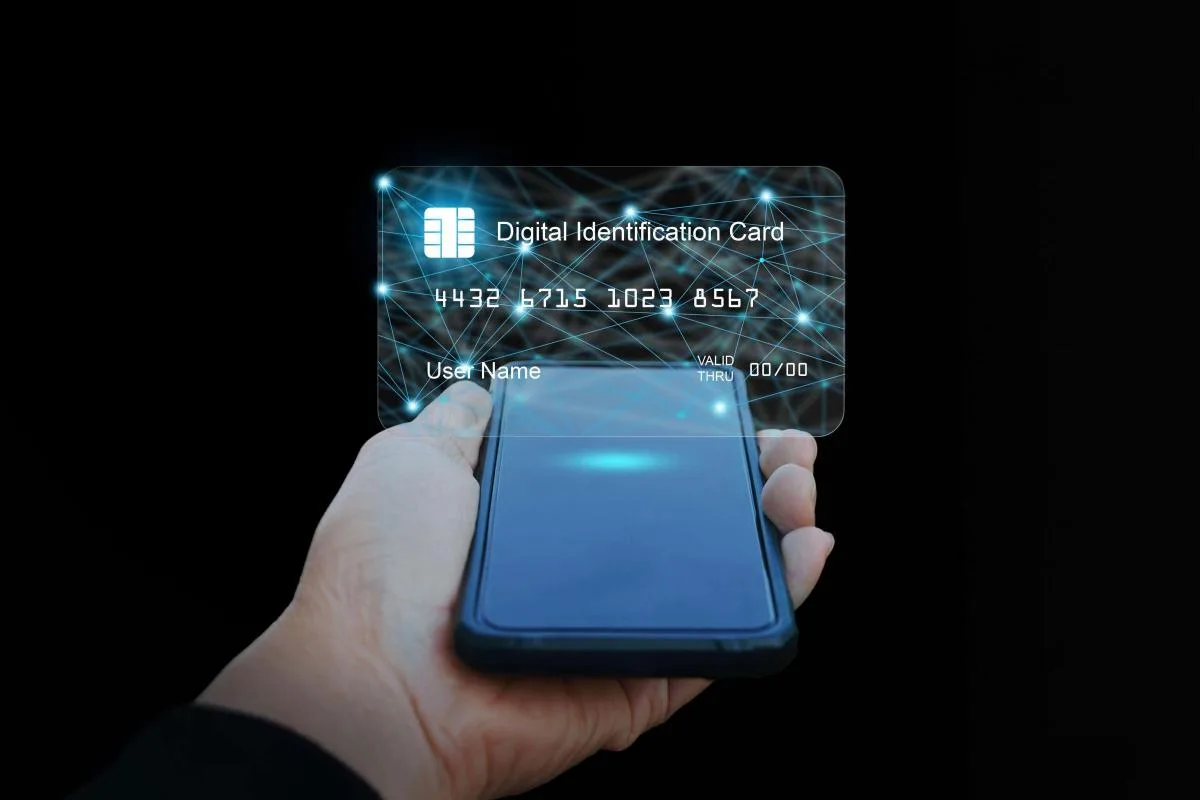By Esther Bassey,Sydney Elike
Copyright thesun

By Esther Bassey
Prime Minister Keir Starmer plans to introduce a national Digital ID system, stirring up one of Britain’s biggest political debates in years.
The move also pits government promises of stronger borders and simpler identity checks against warnings of state overreach and loss of privacy.
Starmer’s proposal and reason
Under the new plan, the UK government intends to roll out a mandatory Digital ID system by 2029.
The identity would be stored digitally on smartphones, with optional physical cards for those without mobile access. It will allow citizens to prove their right to work, access public services, and verify their immigration status.
Starmer has defended the proposal as part of his broader immigration and security reform, saying it will help curb illegal employment and strengthen border control.
“Digital ID is an enormous opportunity for the UK. It will make it tougher to work illegally in this country, making our borders more secure,” he said.
Opposition voices
But not everyone is convinced. Critics across the political divide have accused the government of pushing a policy that could threaten privacy and personal freedom.
Reform UK leader Nigel Farage is one of the strongest opponents, warning that the initiative would hand too much power to the state.
Farage said: “I am firmly opposed to Keir Starmer’s digital ID cards. It will make no difference to illegal immigration, but it will be used to control and penalise the rest of us. The state should never have this much power.”
Here are seven key things to know about the UK’s controversial Digital ID plan:
1. What it is:
The Digital ID is a government-backed electronic identity that allows individuals to prove who they are through a secure digital wallet or physical card.
It will contain verified details such as name, nationality, and work eligibility.
2. When it starts:
The rollout is expected before 2029, after consultations with technology experts and data regulators.
3. Why it is being introduced:
The government says the system will help prevent people from working illegally, reduce fraud, and make it easier to access public services without carrying physical documents.
4. Why people are worried:
Opponents fear it could lead to government surveillance, hacking, and exclusion of those without smartphones or internet access. Some worry the IDs might later be used for tracking or monitoring citizens.
5. Not the first attempt:
A similar ID card scheme introduced by Tony Blair’s Labour government was scrapped in 2011 by the Conservatives, who called it “a wasteful intrusion into privacy.”
6. Public opinion is split:
A Guardian poll shows support for the plan has dropped from 53 per cent to 31 per cent, with nearly half of respondents opposing it outright.
7. The bigger picture:
Supporters see the Digital ID as part of a modern, secure, and tech-driven society. Critics, however, warn it’s a step toward a surveillance state that could erode civil liberties over time.
As the discussion around the Digital ID gathers pace, the government is under pressure to balance innovation with public trust.
Starmer maintains the scheme will modernise governance and strengthen security, but critics argue that privacy cannot be the price of progress.
The next few months will reveal if Britain is ready for its most ambitious digital reform yet.